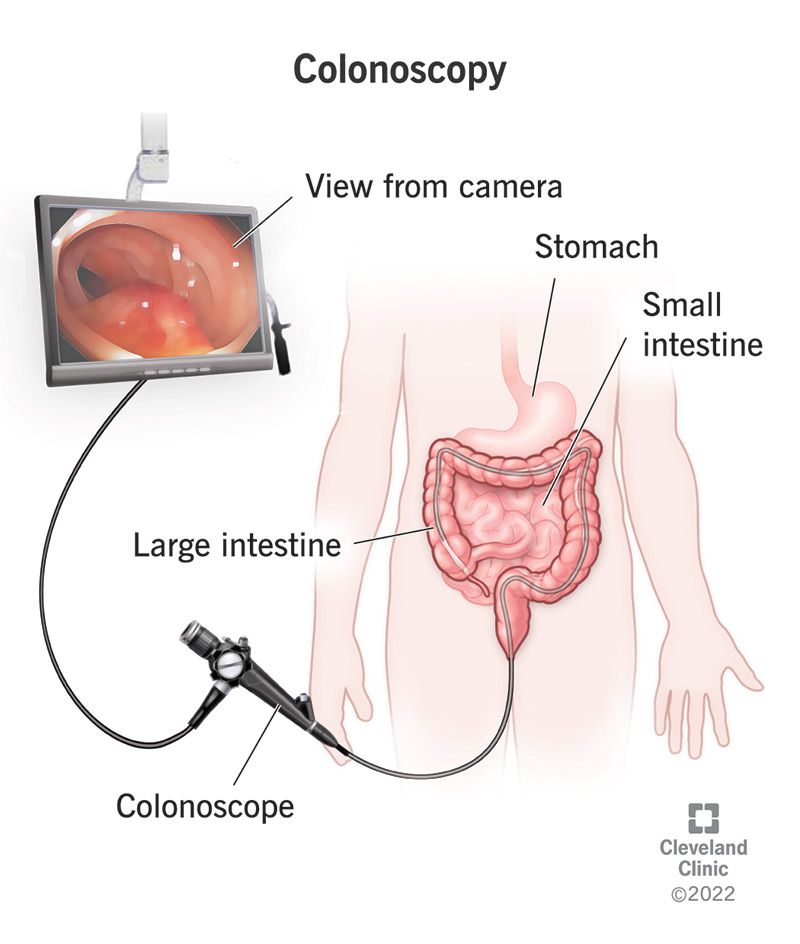As women, taking care of our health should always be a top priority. One important aspect of maintaining good health is getting regular screenings, such as a colonoscopy. While the thought of a colonoscopy may seem intimidating, it is a crucial procedure that can help detect and prevent serious health issues. In this article, we will discuss when and why women should consider getting a colonoscopy.
What is a Colonoscopy?
A colonoscopy is a procedure that allows a doctor to examine the inside of your large intestine (colon) using a thin, flexible tube with a camera on the end. During the procedure, the doctor can detect and remove any abnormal tissue, such as polyps, which can potentially develop into cancer if left untreated. Colonoscopies are recommended for both men and women, especially those over the age of 50, as colon cancer is one of the most common types of cancer in both sexes.
When Should Women Consider Getting a Colonoscopy?
While the general recommendation for starting regular colonoscopies is at the age of 50, women may need to consider getting screened earlier based on various factors. Women with a family history of colon cancer or certain genetic conditions, such as Lynch syndrome, may need to start screenings at a younger age. Additionally, if you have symptoms such as unexplained weight loss, changes in bowel habits, or blood in your stool, it is important to see a doctor and discuss whether a colonoscopy is necessary.
Why is a Colonoscopy Important for Women?
Colon cancer is the third most common cancer in women, after breast and lung cancer. While the risk of developing colon cancer increases with age, it is essential for women to be proactive about their health and get screened regularly. Detecting colon cancer early through a colonoscopy can significantly increase the chances of successful treatment and survival.
Aside from detecting cancer, colonoscopies can also help prevent cancer by removing precancerous polyps before they have the chance to become malignant. This is why regular screenings are crucial, as they can not only detect cancer at an early stage but also prevent it from developing in the first place.
Preparing for a Colonoscopy
Before undergoing a colonoscopy, there are some steps you will need to take to prepare for the procedure. Your doctor will provide you with specific instructions, but in general, you will need to follow a clear liquid diet for a day or two before the procedure and take a laxative to help cleanse your colon. It is essential to follow these instructions carefully to ensure that the colonoscopy is successful.
What to Expect During the Procedure
During the colonoscopy, you will be sedated to make you more comfortable. The doctor will insert the colonoscope into your rectum and guide it through your colon while monitoring the images on a screen. If any abnormalities are detected, such as polyps, the doctor can remove them or take a biopsy for further testing. The procedure usually takes about 30 minutes to an hour to complete.
Conclusion
While the thought of getting a colonoscopy may seem daunting, it is a crucial procedure that can save lives. Women should consider getting regular colonoscopies, especially if they are at higher risk due to family history or symptoms. Colon cancer is a serious disease, but with early detection and prevention through screenings, the chances of successful treatment are significantly higher. Talk to your doctor about when you should consider getting a colonoscopy and take control of your health today.
Remember, early detection saves lives!
